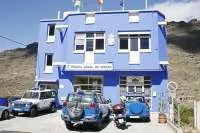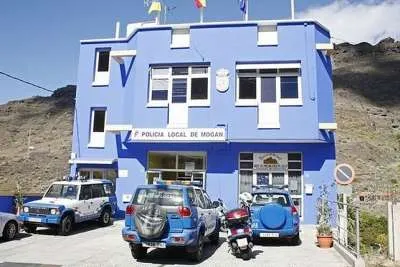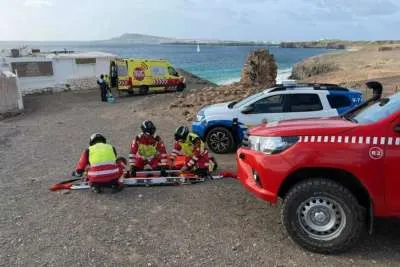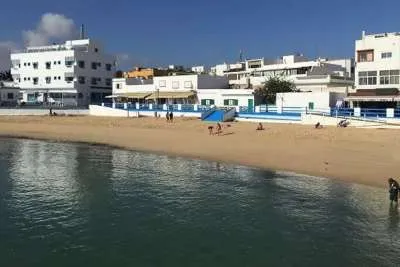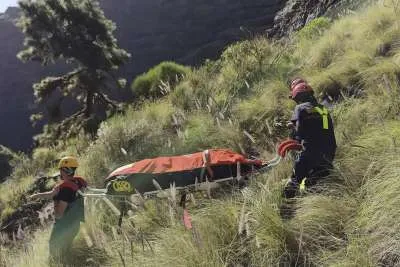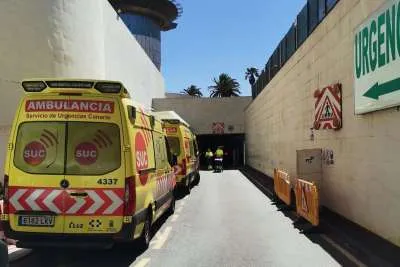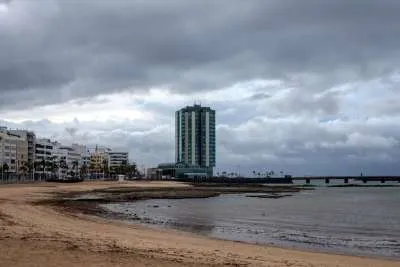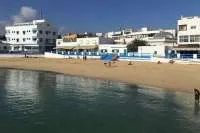Criminal gang that scammed 1.5 million euros from 200 people had base in Gran Canaria
- 08-11-2021
- Gran Canaria
- Canarian Weekly
The National Police has dismantled a criminal organization that is accused of scamming almost 1.5 million euros from 200 people in Spain through fake websites on which they offered products at low prices and fictitious loans, with the money going through accounts of people acting as ‘mules’ for a slice of the profits.
The operation has resulted in 45 arrests in various parts of Spain, including Las Palmas in Gran Canaria, for their alleged links with the organisation, in which, according to the Police report, the leaders operated from Benin (West Africa) through others that acted as 'mules' who received the money in their accounts and then took cash to Benin, and who claim, received death threats if they refused to take part.
The investigations began in 2019, when agents detected an international criminal group settled in the Republic of Benin, and that from there directed its criminal activity in different European countries, mainly Spain, Germany, Austria, France and Poland. Despite the fact that the scams were carried out from their country of origin, where they also received the defrauded money, via the 'mules'.
The National Police investigation detected two "modus operandi" perfectly designed by the members of the organization:
On the one hand, they created fraudulent web portals in which they offered computer, electronic and telephony products at a price lower than the market price, with the peculiarity that the payment had to be made by bank transfer, which landed in the accounts of the people who acted as the 'mules'. In total, 20 fake websites have been closed.
Once the victims started the purchase of a product, their contact and bank details were in the possession of the criminal organization. From that moment, the scammers contacted the victims and told them that in order to recover their money they had to open several bank accounts, request credit cards and send them by ordinary mail to various P.O. boxes in the Republic of Benin.
When the cards arrived, a process began in which the victims began to receive huge amounts of money from other scams carried out throughout Europe. That money was then withdrawn at ATMs in Benin, leaving a commission for each transfer at the disposal of the victim, who, from that moment, became involved in the scam.
Such was the amount of money obtained through the commissions, many came to voluntarily open new bank accounts and look for new 'mules' to be able to continue collecting more.
In other cases, it was the members of the organization that settled in Spain who forced the ‘mules’ with strong threats to follow the organization's instructions. In order to give a legal appearance to the process, the organization made a false contract with the 'mules', posing as private moneylenders and, thus, camouflaging the commission as if it were the payment of a granted loan.
The second way was by publishing ads on social media offering fake loans "online", in which they posed as French financiers:
The scammers put, as a condition of the loan, the opening of an account in which the requested amount would supposedly be paid, and which had to be in the name of the victim, who had to deposit an amount of money that ranged between 500 and 1,000 euros as opening commission expenses.
Once they had access to this, they had drawn in more ‘mules’ to operate in the same way as above.
Judicial Authorities are now working together to bring the accused parties to justice.
Other articles that may interest you...
Trending
Most Read Articles
Featured Videos
TributoFest: Michael Buble promo 14.02.2026
- 30-01-2026
TEAs 2025 Highlights
- 17-11-2025





